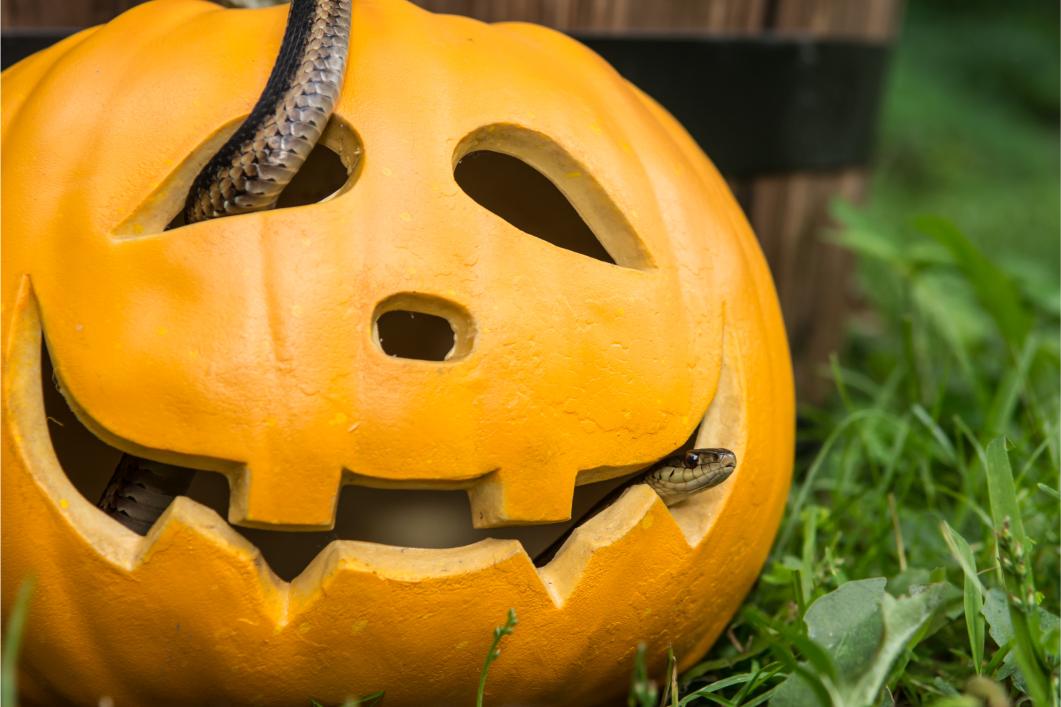Safe Fall Foods for Exotic Pets: What’s Okay and What to Avoid

As the leaves start to fall and your kitchen fills with the warm scents of autumn, you might find yourself wondering if your exotic pet can enjoy a taste of the season too. From guinea pigs and reptiles to parrots and sugar gliders, each species has its own dietary do’s and don’ts. At Texas Avian & Exotic Hospital in Grapevine, we’re here to help you navigate which fall favorites are exotic pet safe foods and which could spell trouble. Understanding what’s safe to share can make all the difference.
Fall Favorites Your Exotic Pet Might Enjoy
Some seasonal produce can be safely offered in moderation, depending on your pet’s species, health status, and preferences. Keep treats small and infrequent, and always consult with your exotic vet before making any dietary changes.
Here are a few options that are commonly safe for many exotic pets:
- Pumpkin (plain, cooked or raw): A great source of fiber for small mammals and some reptiles.
- Butternut squash: A mild, nutritious veggie that may appeal to guinea pigs and tortoises.
- Apples (no seeds): Offer thin slices to parrots, guinea pigs, and bearded dragons—but never the seeds, which are toxic.
- Cranberries (fresh or dried without added sugar): A tart treat that can be offered sparingly to birds and some rodents.
- Carrots: Safe for most small mammals and reptiles in small amounts.
These fall treats for reptiles, guinea pigs, and other exotic pets can add variety to their diet when served appropriately. Always introduce new foods gradually and observe your pet for any signs of digestive upset.
Seasonal Foods to Keep Off the Menu
Unfortunately, not all your favorite fall flavors are safe for exotic pets. Some are mildly irritating, while others are downright dangerous.
Here are some common toxic foods for exotics to keep out of reach:
- Onions, garlic, and chives: These can cause blood disorders in many species.
- Avocado: Toxic to birds and certain mammals.
- Chocolate, caffeine, and alcohol: Off-limits across the board.
- Nutmeg and other strong spices: Can cause neurological issues in birds and small mammals.
- Processed holiday foods (such as stuffing or pie): These are often too rich and may contain hidden toxins like xylitol, raisins, or dairy.
When in doubt, avoid sharing seasoned or prepared dishes with your pet. Even a small nibble could cause serious harm.
Species-Specific Cautions
Because the term “exotic pet” covers such a wide range of species, there’s no one-size-fits-all fall diet. What’s safe for one animal may be dangerous for another.
Here are a few examples:
- Reptiles: Many are obligate carnivores or strict herbivores. Fall produce, such as squash, may be a welcome addition, but limit sugary foods. Always research safe greens and consult your vet.
- Guinea pigs: These little guys love crunchy veggies, but they need a careful calcium balance to avoid bladder stones. Leafy greens and seasonal foods for guinea pigs should be rotated wisely.
- Birds: Parrots enjoy variety but are sensitive to fats and seasonings. Keep portions small and ingredients pure.
- Sugar gliders: Their diet is complex and should be carefully managed. You can offer fruit occasionally, but avoid high-phosphorus foods and sticky textures.
If you’re unsure whether a new food is appropriate, err on the side of caution and check with your vet.
Fall Is the Perfect Time for a Check-Up
If you’re planning to add seasonal items to your pet’s diet or simply want to review their nutrition and husbandry, autumn is a great time to schedule a preventive and wellness visit. Our veterinarians and staff at Texas Avian & Exotic Hospital can help you make informed choices about exotic pet-safe foods, enrichment, and overall health. Call us today at (817) 953-8560 to book your appointment and make this season a safe and happy one for your scaly, furry, or feathered friend.
